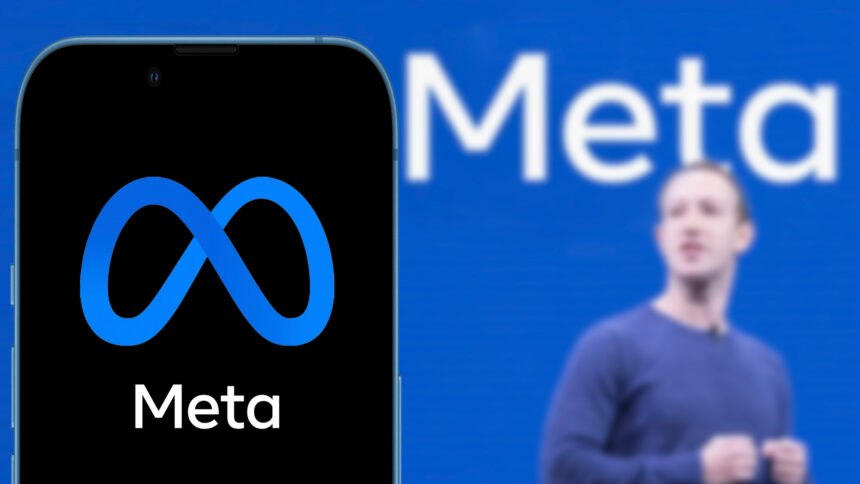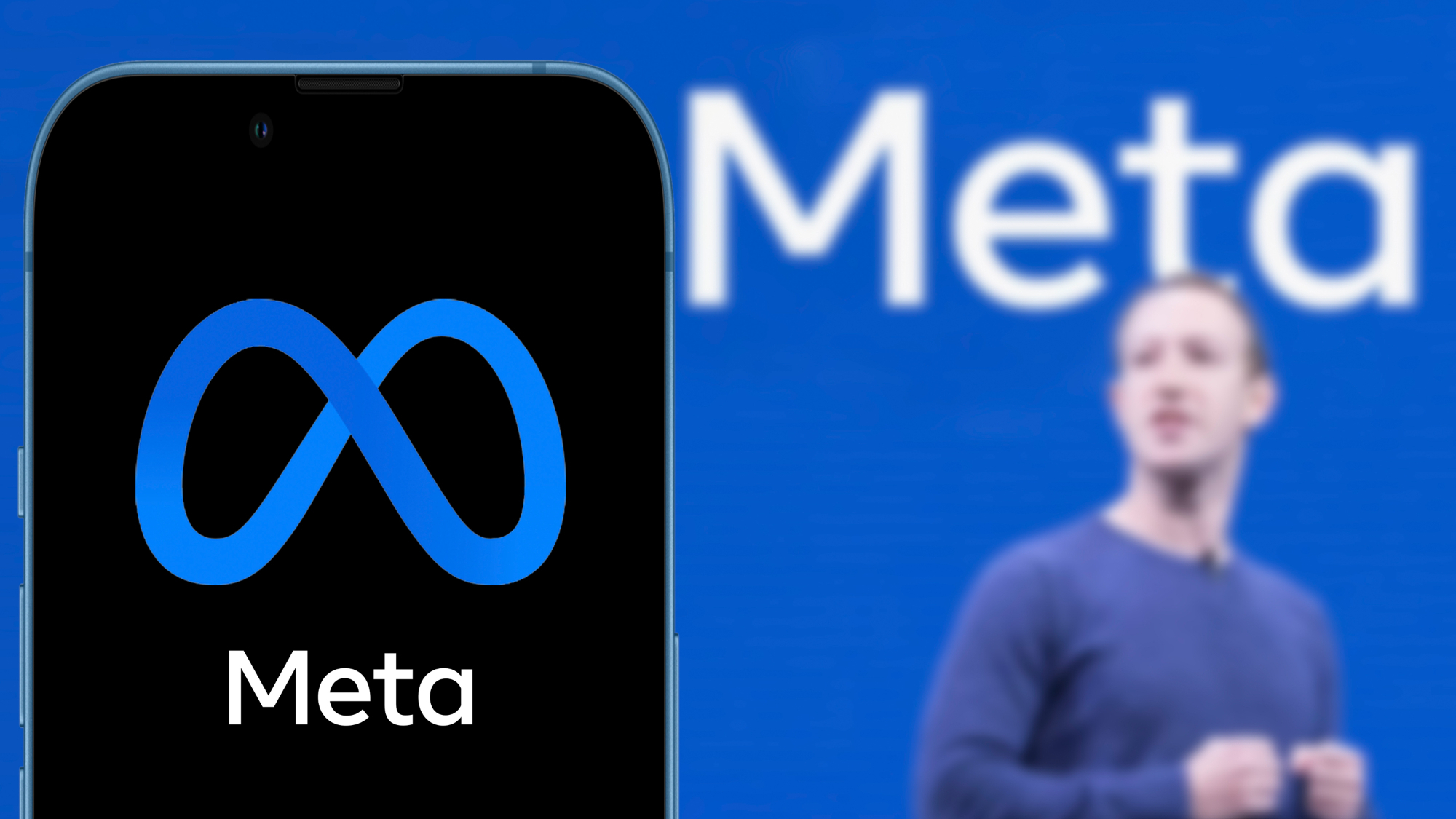Friendships are fundamental to our lives, creating a rich tapestry of emotions and experiences. Although navigating these relationships can be tricky, the significance of genuine friendship is immense. Aristotle famously remarked, “Without friends, no one would choose to live, though he had all other goods.”
Mark Zuckerberg now introduces a thought-provoking concept for those exploring new connections: leveraging artificial intelligence to foster friendships. This is a contemporary twist on his previous insights that popularized the concept of “friending” in our digital landscape. In a recent podcast with Dwarkesh Patel, Zuckerberg noted that many people find comfort in sharing their personal stories with AI chatbots like Meta AI.
As numerous Americans report having fewer friends than they wish, the prospect of AI serving as an alternative companion becomes intriguing. Zuckerberg observed, “As the personalization loop improves and AI learns more about you, it will undoubtedly become quite engaging.”
However, it’s vital to understand that entertaining conversations don’t necessarily equate to true friendships. AI lacks the emotional depth needed for authentic camaraderie; it is an advanced, often frustrating tool, somewhat akin to your predictive text or a multi-tool device. Its main function is to assist and streamline tasks, not to connect on a profound level.
AI lacks consciousness and genuine emotions—it’s simply a sophisticated imitation that sifts through information rather than mirroring your favorite phrases. This programmed empathy may seem appealing but does not constitute a true bond; it’s more like a performance lacking sentience.
Authentic friendship transcends transactional interactions where one individual merely serves another without reciprocity. If a friend’s responses are generated by statistical analysis, the essence of friendship is missing. Although an attractive user interface may be enticing, it doesn’t replace the warmth of human interaction.
Think of an AI companion as akin to a pet, though even that analogy is imperfect. Rather than comparing it to an active dog or a discerning cat, you might find it more appropriate to liken it to a beta fish or a Tamagotchi—present yet indifferent. While it may offer some comfort, it fundamentally lacks the capacity to care, and deep down, you recognize that gap.
AI in Mental Health
In a conversation with Ben Thompson, Zuckerberg also touched on mental health, suggesting that AI could serve as a substitute when a human therapist is unavailable. With therapy often being financially unreachable and mental health challenges on the rise, the lure of AI chatbots offering therapeutic support is hard to overlook. This notion isn’t inherently negative, yet it brings forth intricate concerns.
While some AI-driven wellness applications show potential, they underscore a troubling lack of sufficient mental health resources. A skilled therapist does more than react to superficial emotional signals; they decipher underlying feelings, recognizing when a smile masks sadness. They engage in complex judgment calls—something that algorithms cannot replicate.
Furthermore, ethical dilemmas in human therapy play a significant role that AI simply cannot mirror. Licensed professionals follow strict standards, whereas programs might mishandle sensitive information due to coding alterations. It’s somewhat ironic that a social media titan would venture into mental health solutions when its platform has often been blamed for declining mental wellness among teens and promoting digital dependencies that distance individuals from real-life support networks.
Personally, I utilize AI tools daily and appreciate their practical benefits—similar to how I value my automatic coffee maker, despite occasional frustrations with its speed. AI can certainly enhance therapy, enrich education, and streamline customer interaction. That said, the contributions of AI should not overshadow the irreplaceable value of human relationships.
At this point, I don’t foresee a societal shift where people abandon the complexities of human relationships in favor of chatbot convenience. Yet, we should remain vigilant. Friendship is an irreplaceable human experience that cannot simply be coded, and relying too heavily on technology at the expense of authentic connections misses the essence of what it means to relate to one another. As Aristotle aptly cautioned, “A friend to all is a friend to none.”
























